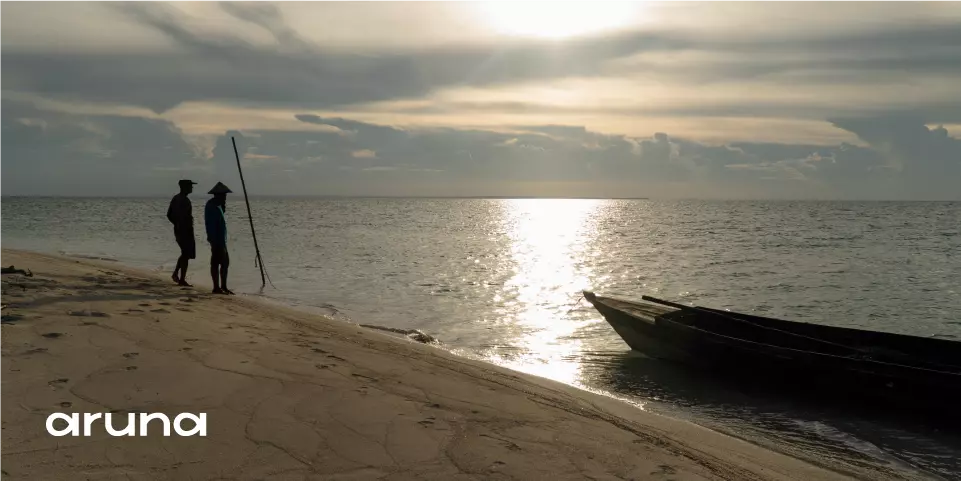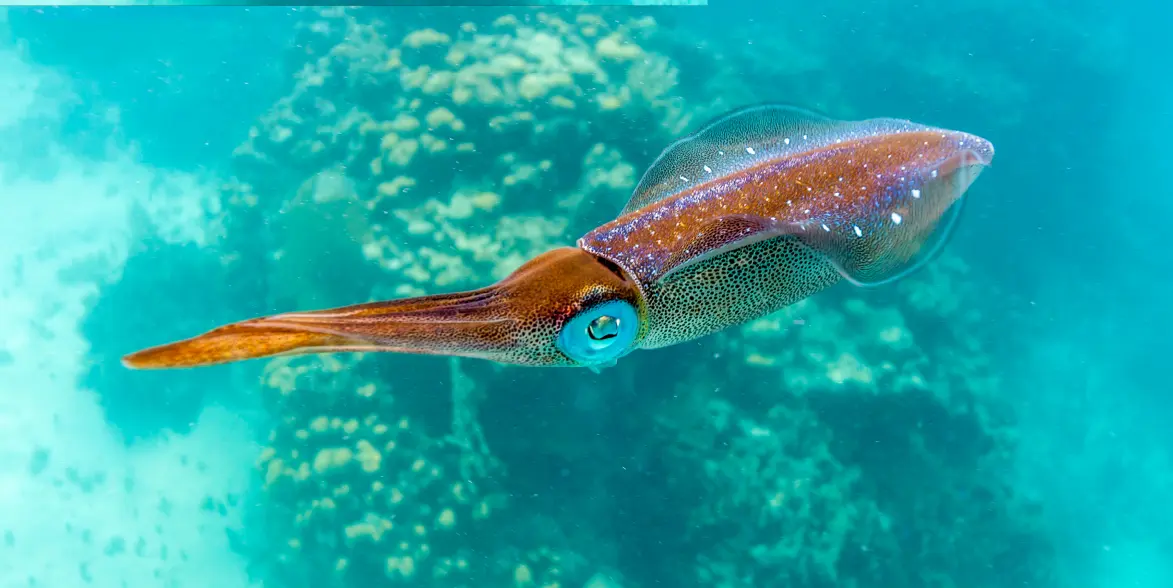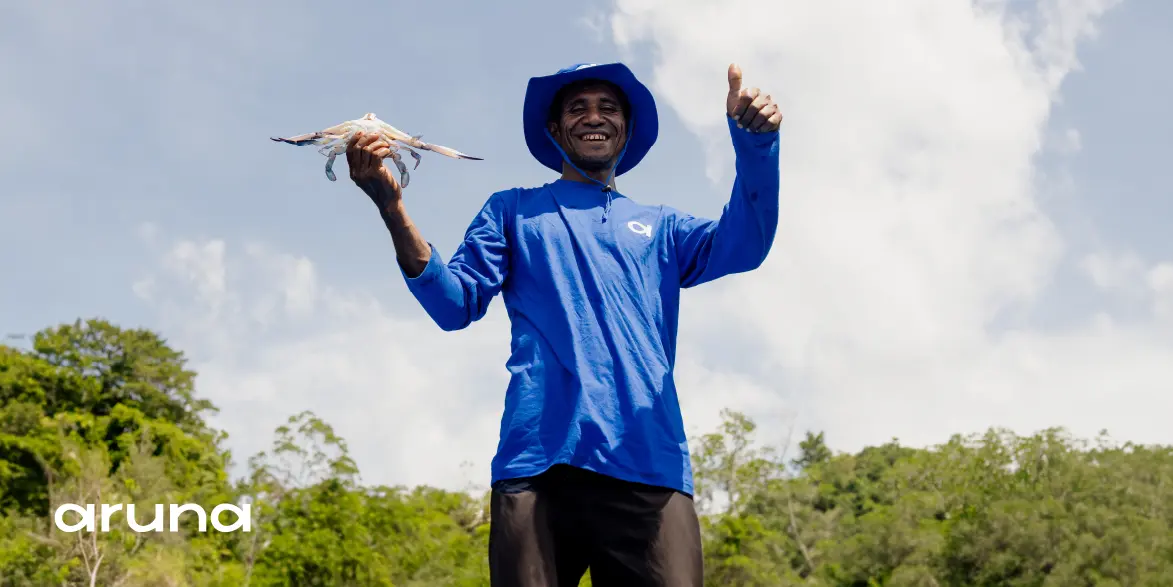The knowledge of the existence of Bajo or Bajau people is already widespread among Indonesians, especially to those who often travel to coastal areas to enjoy their beauty as well as the ocean’s. The Bajau are a nomaden folk, used to traversing wide seas and oceans, and carries many traditions that are filled with sustainable fisheries characteristics.
Ya, lagi-lagi kita disadarkan untuk tidak melulu mencari belajar dan mengadaptasi konsep sustainable fisheries dari sumber yang terlalu jauh. Karena jika ditelisik lebih dalam, ada banyak kearifan lokal masyarakat yang layak untuk dijadikan bahan percontohan untuk dapat dikembangkan. Kebudayaan dari masyarakat bahari suku bajo ini salah satunya.
Yet again, we are faced with quite the rude awakening of the fact that we do not need to look far to find methods of sustainable fisheries. Looking closely, there is a lot of local wisdom that can be replicated and developed for sustainable methods of fishing. One of them being the Bajau people’s ways.
The Bajo Tribe is Rich in Sustainable Fisheries Characteristics
As their main source of livelihoods, the Bajau people believe that there are norms and values that need to be adhered to when fishing in the sea. While it is unique, the Bajau way actually originates from their fear of Mbo Madilau, the ruler of the ocean in Bajau myth.
Tubba dikatutuang, the most interesting sustainable fisheries characteristics of the Bajo tribe
This Bajau phrase translates directly to “Beloved Coral Reefs”. They are areas of conservation that are considered sacred to locals, so that no fishing is allowed in the area. Thanks to this tradition, coral reefs and fish in the area of Tubba Dikatutuang are preserved very well.
Parika as an institutional system and catch sharing
A man of the tribe would serve as a “Parika” and is tasked to divide the fishing area amongst everyone. The person chosen must be mature and shows good leadership skills. In a boat, there would be several people, so the sharing system is decided to be as follows:
- parika sekaligus si pemilik jaring penangkap ikan mendapat 2 bagian
- sehe yang membantu nangkap ikan (biasanya terdiri dari 2 orang) masing-masing 1 bagian
- panuba yang membantu menggiring ikan tidak mendapat bagian, tetapi berhak memiliki hasil ikan yang dia panah sendiri dari area tangkapan
- The Parika, which is also the owner of fishing nets, gets 2 part of the share
- Sehe, which directly assists the fishing process (usually 2 people), each gets 1 part of the share,
- Panuba, who helps herd the fish, does not get any fish, but are entitled to any which he catches in the area of fishing.
Karang Tapotong (Karang Pakitta)
The Bajau revere the sea greatly, so they will always do a ritual before any sea-related activities, including fishing. Fishers will dip their swimming goggles, as well as wash their face with seawater before they start to fish. They will also tell the sea that they will come to the waters as a friend, not an enemy.
Order of sanctions for violations
There are punishments and sanctions given to those who violate the laws and norms. When put in order, the first punishment comes in the form of warning, the second would be prohibition, and the third being monetary fines.
Negara kita yang terdiri dari beraneka ragam suku dengan warisan budayanya masing-masing, Di dalamnya tentu terdapat banyak pengetahuan yang sudah terbentuk secara turun-temurun. Aruna sangat menyadari akan hal ini, sehingga di setiap lokasi Aruna Hub didirikan, maka tugas yang pertama kali harus dilakukan adalah mempelajari budaya dan tradisi dari masyarakat di daerah tersebut.
Our nation is one that consists of various cultures and traditions, each with their own heritage. There are many ways and knowledge that have been passed down from generation to generation. Aruna is aware of this fact, so that when every new Aruna Hub is founded, the first thing to do is to learn the norms and laws of the land.
Aruna’s dream to develop the nation’s fisheries industry has proven to continue to work without the need to break or force local traditions. Just like how we learn the sustainable fisheries characteristics of the Bajau people, by adapting to the local traditions and cultures, it’s no surprise that there would be local tradition that will inspire an improvement to the supply chain of national seafood suppliers.











Leave a reply
No comments found.